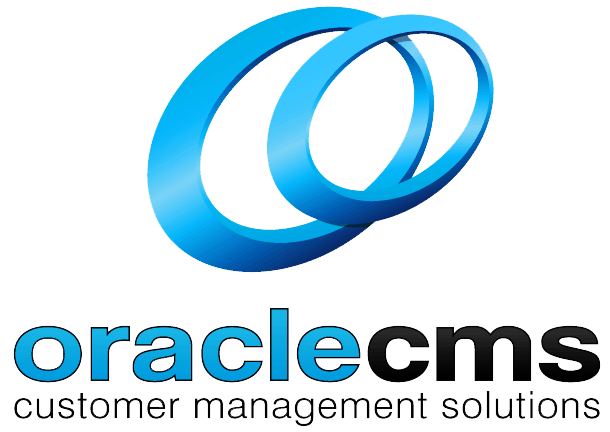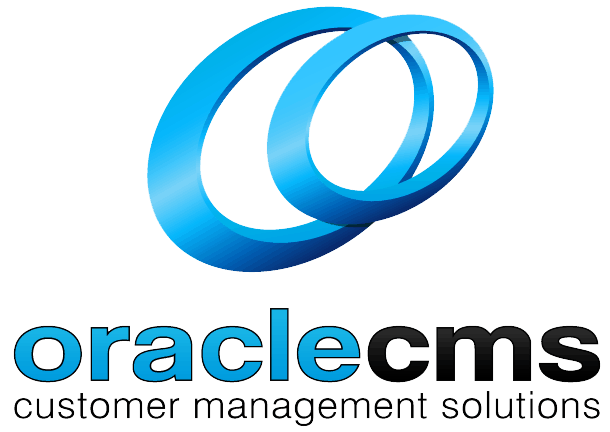What are Automatic Call Distributors (ACD)?
An Automatic Call Distributor (ACD) is an essential tool in the telecommunications field, particularly prevalent in offices handling substantial inbound call volumes. Its core function is efficiently directing incoming calls to contact centre personnel or employees with specialised skills.
ACD systems employ a set of predetermined rules to manage inbound call traffic. These rules vary from simply connecting a caller to any available agent swiftly to incorporating multiple factors, all aimed at swiftly pairing the customer with a competent agent. Orchestrating the distribution of thousands of calls to appropriate agents is a complex task, often performed in synergy with an Interactive Voice Response (IVR) system to more accurately ascertain customer requirements.
Originally designed for routing phone calls, modern ACDs have evolved into sophisticated omnichannel routing platforms. They now handle customer queries coming through various channels such as email, messaging, web chat, social media, and other digital formats.
How ACDs Facilitate Interaction Routing
ACDs primarily use a skill-based routing mechanism that smartly directs digital and voice interactions to suitable agents. This intelligent routing system aligns customer requests with agents based on multiple factors: agent skills, customer data, real-time contact centre performance, customer sentiment, and AI-powered behavioural analysis. It offers a consolidated approach to routing, covering inbound and outbound, digital and voice, agent-assisted, and self-service channels. The ACD’s goal is to ensure that each interaction is assigned to the most appropriate agent in the shortest time possible.
Key Features of Modern ACD Systems
Contemporary ACD systems typically offer capabilities including:
- Tailored routing of calls and digital interactions to agents based on set criteria.
- Integration with CRM and other systems via Computer Telephony Integration (CTI), automatically presenting agents with relevant information.
- Managing multiple call queues effectively.
- Quick identification and prioritisation of VIP callers.
- Comprehensive reporting on interaction volumes and agent performance metrics.
- Overflow handling, directing excess calls to voicemail.
- Integrated auto-attendants for direct agent access.
Advantages of Employing an Automatic Call Distributor
Implementing ACD call routing in contact centres brings several benefits:
- Enhanced Efficiency: By automatically directing calls to the most suitable agent, ACDs reduce customer wait times and ensure agents deal with calls within their expertise. This leads to more efficient call handling, shorter call durations, and heightened productivity.
- Improved Customer Experience: ACDs facilitate faster connections between customers and the right agents, diminishing customer frustration and elevating satisfaction. This improved experience can foster customer loyalty and encourage repeat business.
- In-Depth Reporting Capabilities: With ACDs, contact centre managers gain access to detailed reports on call volumes, wait times, and agent performance, enabling them to make informed decisions to refine operations.
- Adaptable Call Handling: ACDs can be configured to manage calls during peak times, after hours, and across diverse locations, offering greater operational flexibility.
- Scalability for Growth: As contact centres grow, ACDs can scale to accommodate increasing call volumes, ensuring consistent quality of customer service.
In summary, Automatic Call Distributors play a pivotal role in contact centres, offering operational efficiency, improved customer experiences, insightful reporting, operational flexibility, and scalability. By harnessing these benefits, contact centres can optimise their operations and deliver superior service to their customers.

